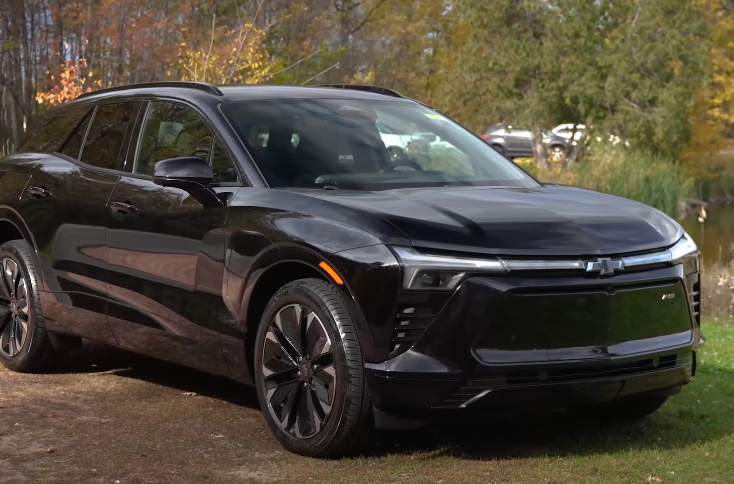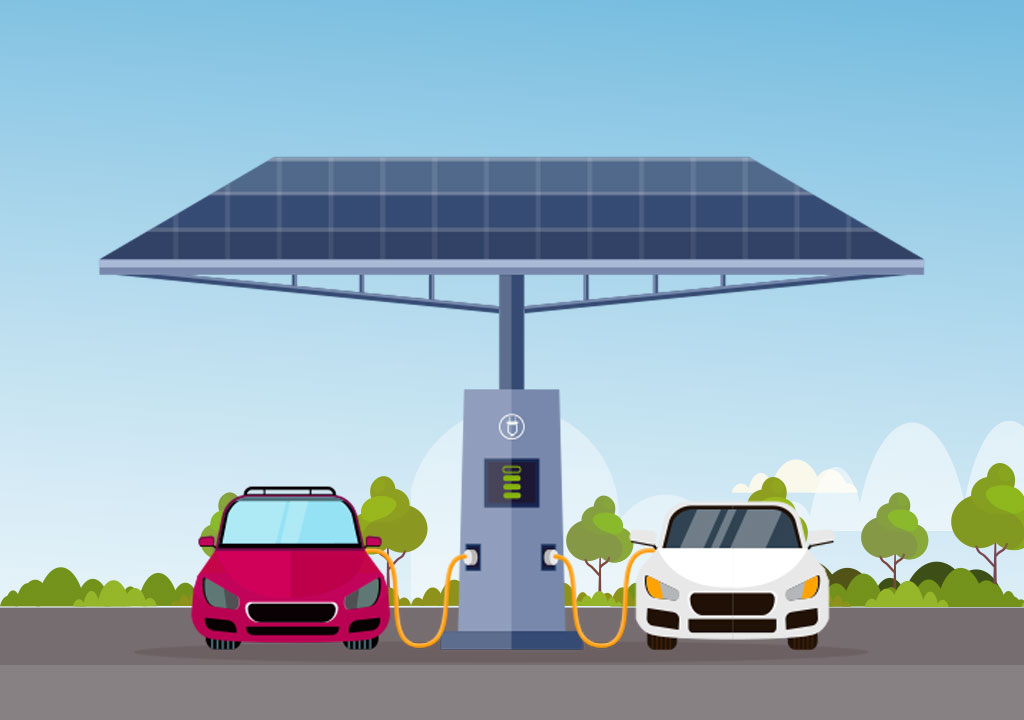In recent years, electric vehicles (EVs) have gained significant popularity as a cleaner and more sustainable alternative to traditional gasoline-powered cars. However, along with this surge in interest, a plethora of myths and misconceptions about electric vehicles have also emerged. In this blog post, we’ll debunk some of the most common EV myths and provide you with the facts you need to make an informed decision about embracing electric transportation.
Myth #1: Electric Vehicles Are Too Expensive
One of the most persistent myths about electric vehicles is that they are prohibitively expensive. While it’s true that some electric models come with a higher upfront price compared to their gasoline counterparts, this myth doesn’t tell the whole story. When you consider the total cost of ownership, including fuel and maintenance savings, many EVs can actually be more affordable in the long run.
Electric vehicles benefit from government incentives and rebates in various regions, making them more accessible than ever before. Additionally, as the EV market continues to grow, economies of scale are driving down manufacturing costs, which are gradually being passed on to consumers. So, while you may pay a bit more upfront, you’ll likely recoup those costs over time.
Myth #2: Electric Vehicles Have Limited Range
Another common misconception is that electric vehicles have a limited driving range and are only suitable for short trips. While it’s true that early EVs had limited range compared to their gasoline counterparts, modern electric vehicles have made significant strides in this area.
Today, many electric cars offer ranges of 200 miles or more on a single charge, and high-end models can even exceed 300 miles. These ranges are more than sufficient for most daily commutes and longer road trips. Furthermore, the charging infrastructure for EVs is rapidly expanding, with more public charging stations available, making it easier than ever to plan longer journeys.
Myth #3: Electric Vehicles Are Slow and Lack Power
Some people believe that electric vehicles are sluggish and lack the power and acceleration of traditional gasoline cars. This myth couldn’t be further from the truth. In fact, electric vehicles are known for their instant torque, which provides quick and smooth acceleration from a standstill.
Many electric cars can go from 0 to 60 mph in a matter of seconds, rivaling or even surpassing the performance of high-end sports cars. Additionally, electric motors deliver power more efficiently than internal combustion engines, which means you get consistent and smooth acceleration without the need for gear changes. So, if you’re worried about driving a slow and underpowered vehicle, you’ll be pleasantly surprised by the performance of most electric cars.
Myth #4: Electric Vehicles Are Bad for the Environment Due to Battery Production
Some critics argue that electric vehicles are not as environmentally friendly as they seem because of the environmental impact of manufacturing their batteries. While it’s true that producing batteries can be resource-intensive, this myth oversimplifies the issue.
Firstly, battery technology is advancing rapidly, leading to more energy-efficient and environmentally friendly battery production processes. Manufacturers are also working on recycling and repurposing old batteries to minimize waste. Additionally, when you consider the overall life cycle of an electric vehicle, including the reduced emissions during operation and the potential for clean energy sources, EVs still come out ahead in terms of environmental impact compared to many gasoline cars.
Conclusion
Electric vehicles are not without their challenges and limitations, but many of the myths surrounding them simply don’t hold up to scrutiny. As technology continues to improve and the infrastructure supporting electric vehicles expands, these misconceptions are becoming increasingly outdated. When considering an electric vehicle, it’s essential to base your decision on accurate information and the specific needs of your lifestyle. The future of transportation is electric, and by separating fact from fiction, you can make an informed choice that benefits both you and the planet.





